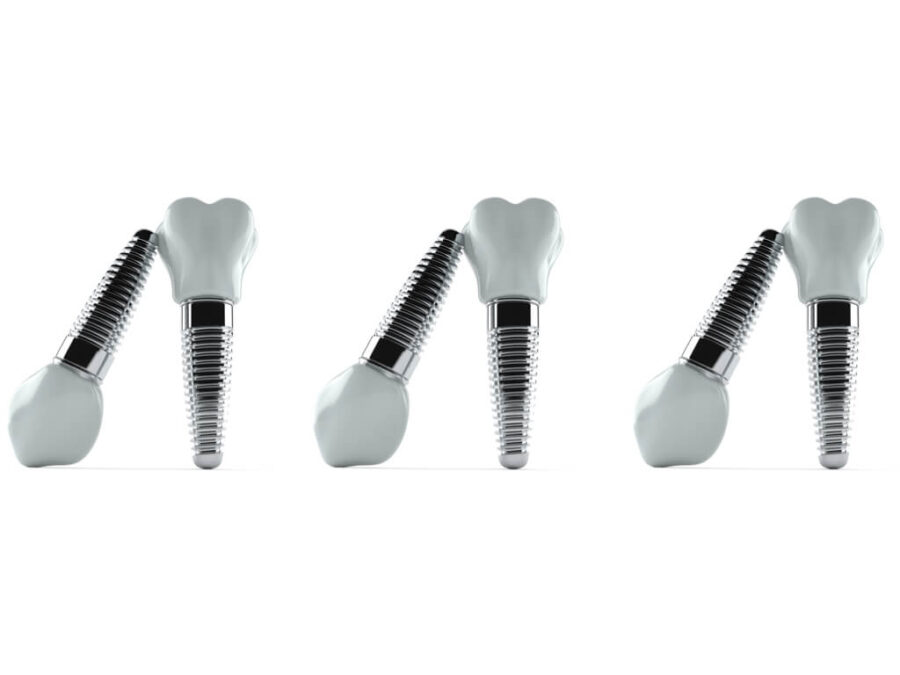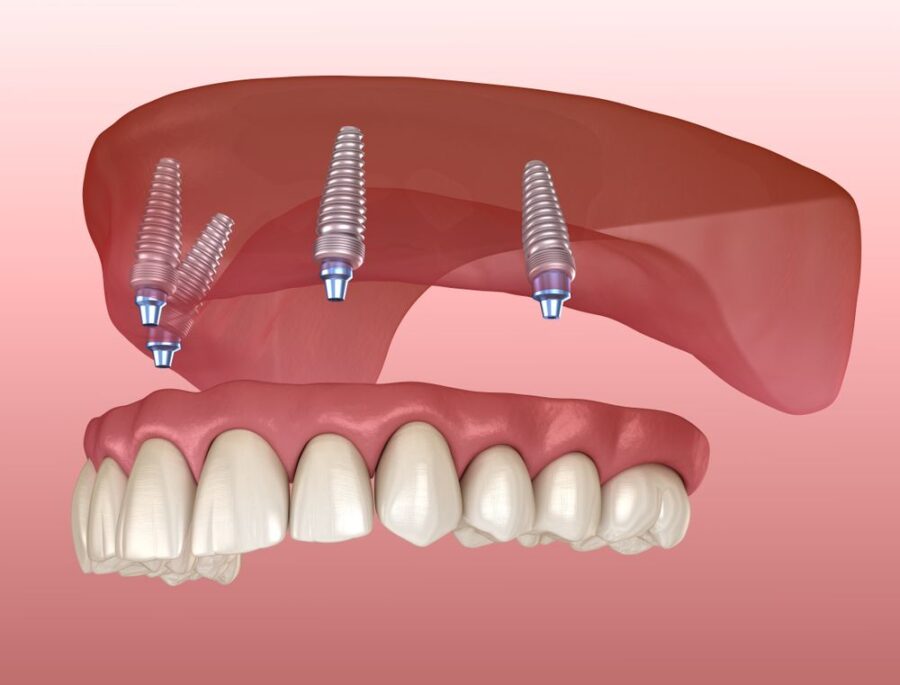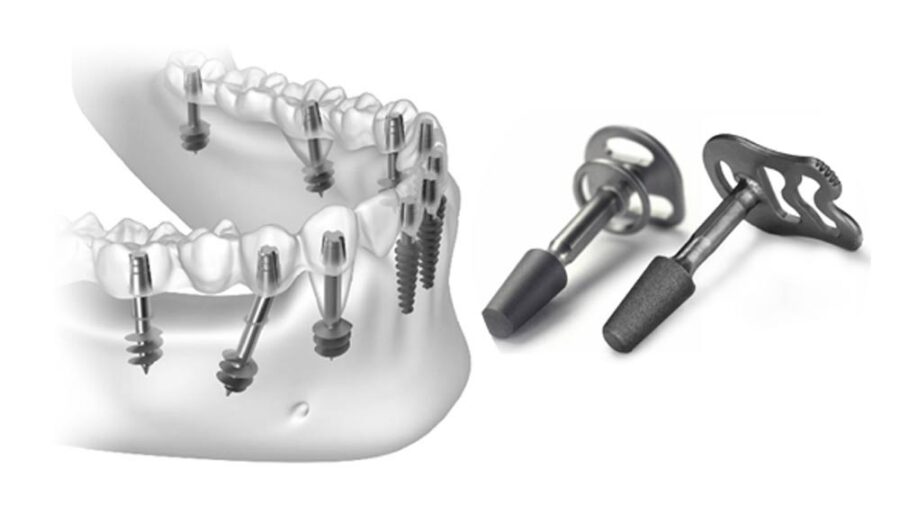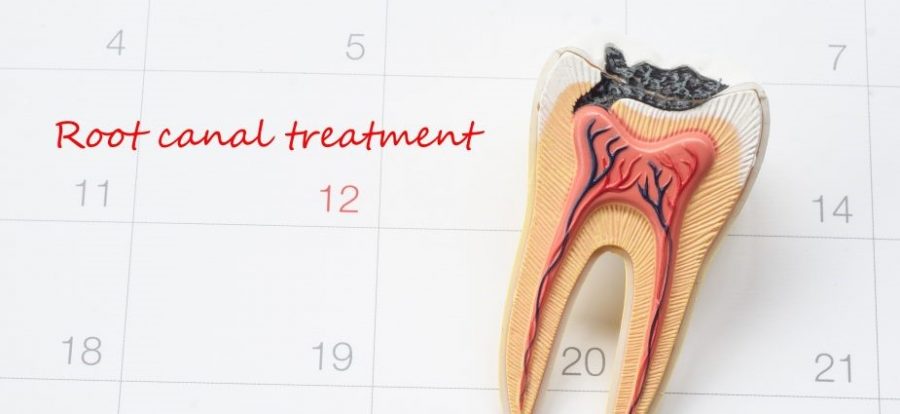For many people, sleep apnea is a serious and often chronic condition that can make getting a good night’s sleep seem like an impossible task. However, recent research has shown that there may be a surprising link between dental implants and sleep apnea. Dental implants are a common solution for missing or damaged teeth, but what many people don’t know is that they can also help alleviate the symptoms of sleep apnea. How is this possible? Well, it turns out that dental implants can help to improve the alignment of your jaw and airway, which in turn can reduce snoring and other sleep apnea symptoms. In this article, we’ll take a closer look at the connection between dental implants and sleep apnea, and explore how this treatment option could be the key to finally getting the good night’s sleep you deserve.
What is Sleep Apnea?
Before we dive into the connection between dental implants and sleep apnea, let’s first take a closer look at what it actually is. It is a sleep disorder that causes your breathing to repeatedly stop and start throughout the night. This can happen for a number of reasons, but one of the most common causes is a physical obstruction in your airway.
When you have it, your airway can become partially or completely blocked while you sleep, which can cause you to wake up gasping for air. This can happen dozens or even hundreds of times throughout the night, leading to poor sleep quality and a host of other health problems.
There are two main types: obstructive sleep apnea (OSA) and central sleep apnea (CSA). OSA is the most common type and occurs when your airway becomes partially or completely blocked during sleep. CSA, on the other hand, is less common and occurs when your brain fails to send the proper signals to your muscles to control breathing.
What are Dental Implants?
Dental implants are a type of dental restoration that is used to replace missing or damaged teeth. They are made up of three main components: the implant, the abutment, and the crown. The implant is a small titanium post that is surgically implanted into your jawbone. And in most cases these days, the final restoration is also done over the implant on the same day. Dental implants are not typically used as a primary treatment for sleep apnea. However, they can be used as a secondary treatment in some cases where other treatments have failed or are not suitable.
For more information read on:
Dental implants are a popular choice for tooth replacement because they are durable, long-lasting, and provide a natural-looking restoration. They can also help to prevent bone loss and maintain the structure of your jaw. It is important to note that dental implants are not suitable for all patients with sleep apnea and should only be considered as a secondary treatment option after consultation with a sleep specialist and a dentist experienced in treating sleep apnea. Other treatments for sleep apnea may include continuous positive airway pressure (CPAP) therapy, weight loss, positional therapy, and surgery.
Sleep Apnea and Implants: Connection
So, what is the connection between them? Well, it turns out that implants can actually help to improve the alignment of your jaw and airway. Which can in turn reduce the symptoms of sleep apnea. When you have sleep apnea, your airway can become partially or completely blocked due to the position of your jaw. This can cause snoring, choking, and gasping for air during sleep. Tooth implants can help to improve the alignment of your jaw and airway. Which can reduce the likelihood of these symptoms occurring.
In addition to improving the alignment of your jaw. Implants can also help to stimulate bone growth and prevent bone loss in your jaw. This can be especially beneficial for people with sleep apnea, as bone loss in the jaw can contribute to the collapse of the airway during sleep.
Can Dental Implants cause Sleep Apnea?
There is currently no evidence to suggest that dental implants can cause sleep apnea. Sleep apnea is a sleep disorder that is typically caused by a combination of factors, such as obesity, genetics, and anatomical abnormalities in the upper airway. While dental implants can be used to replace missing teeth, they do not directly impact the upper airway or the respiratory system, which are the primary areas of concern when it comes to sleep apnea.
However, it is important to note that some dental procedures, such as orthodontic treatment or oral surgery, may temporarily affect the airway or breathing patterns. Therefore, if you are considering any dental treatment and have a history of sleep apnea or other respiratory issues, it is important to discuss your concerns with your dentist and physician to ensure that the treatment is safe for you.
Replacing Missing Teeth
One of the main ways that implants can help with sleep apnea is by replacing missing teeth. When you have missing teeth, it can cause your jaw to shift out of alignment, which can contribute to sleep apnea. By replacing missing teeth with dental implants, you can help to maintain the proper alignment of your jaw and airway.
Improving Jawbone Density
Another way that dental implants can help with sleep apnea is by improving the density of your jawbone. When you have missing teeth, the bone in your jaw can start to deteriorate, which can contribute to a weaker jaw and increased risk of it. These can help to stimulate bone growth and prevent bone loss, which can help to strengthen your jaw and reduce the likelihood of sleep apnea.
Adjusting Jaw Position
Finally, implants can also help to adjust the position of your jaw, which can improve the alignment of your airway and reduce the symptoms of sleep apnea. By placing the implant in the correct position, your dentist can help to realign your jaw and reduce the likelihood of airway blockages during sleep.
Types of Dental Implants for Sleep Apnea
Mini Dental Implants
Mini implants are smaller than traditional dental implants and are often used for patients who have less bone density in their jaw. They can be a good option for people with sleep apnea, as they can help to stimulate bone growth and improve the alignment of the jaw.

All-on-4 Dental Implants
All-on-4 dental implants are a type of implant-supported denture that can be used to replace a full arch of missing teeth. They are designed to be more stable and comfortable than traditional dentures, and can also help to improve the alignment of the jaw and airway.

Hybrid Dental Implants
Hybrid implants are a combination of traditional implants and dentures. They are designed to provide the stability and durability of implants, while also providing the comfort and flexibility of dentures. They can be a good option for people with sleep apnea, as they can help to improve the alignment of the jaw and airway.

Palatal Implants
These are small, cone-shaped rods made of polyester or other biocompatible materials that are placed in the soft palate. The implants help to stiffen the soft palate and reduce the likelihood of it collapsing during sleep, which can contribute to sleep apnea.
Mandibular Implant Devices
These are oral appliances that are designed to reposition the lower jaw forward, which can help to keep the airway open during sleep. Mandibular advancement devices are typically made of acrylic and can be custom-fitted to the patient’s teeth.
Benefits of Dental Implants for Sleep Apnea
Improved Sleep Quality: One of the main benefits of dental implants for sleep apnea is improved sleep quality. By improving the alignment of your jaw and airway. Dental implants can help to reduce snoring and other sleep apnea symptoms, allowing you to get a better night’s sleep.
Increased Comfort: Implants are designed to be more comfortable and stable than traditional dentures or other dental restorations. This can be especially beneficial for people with sleep apnea. As it can help to reduce discomfort and improve sleep quality.
Long-Lasting Results: Tooth implants are a long-lasting solution for tooth replacement. And can provide lasting results for people with sleep apnea. By improving the alignment of your jaw and airway, dental implants can help to reduce the risk of sleep apnea and other health problems.
Risks of Dental Implants for Sleep Apnea
While dental implants can be a beneficial treatment option for sleep apnea. There are also some risks and considerations to keep in mind. Some of these include:
Surgical Risks: Implant surgery is a major procedure that can come with some risks. Such as infection or nerve damage. It’s important to discuss these risks with your dentist before deciding on dental implants for sleep apnea.
Cost: Dental implants can be expensive, and may not be covered by insurance. It’s important to consider the cost of dental implants before deciding on this treatment option.
Other Treatment Options; There are other treatment options available for sleep apnea. Such as continuous positive airway pressure (CPAP) machines or oral appliances. It’s important to discuss all of your options with your dentist or sleep specialist before deciding on dental implants.
Get Started with Dental Implants for Sleep Apnea
If you’re interested in using implants to treat your sleep apnea. The first step is to schedule a consultation with your dentist. During this consultation, your dentist can evaluate your jaw and airway to determine if implants are a good option for you.
If dental implants are recommended, your dentist will work with you to develop a treatment plan that is tailored to your individual needs. This may involve multiple appointments for implant placement and restoration. As well as follow-up appointments to ensure that your implants are functioning properly.
Conclusion
Sleep apnea can be a challenging condition to manage, but dental implants may offer a surprising solution for some patients. By improving the alignment of your jaw and airway, dental implants can help to reduce snoring, choking. And other sleep apnea symptoms. Allowing you to get the good night’s sleep you deserve. If you’re interested in learning more about implants for sleep apnea. Talk to your dentist today to see if this treatment option is right for you.






